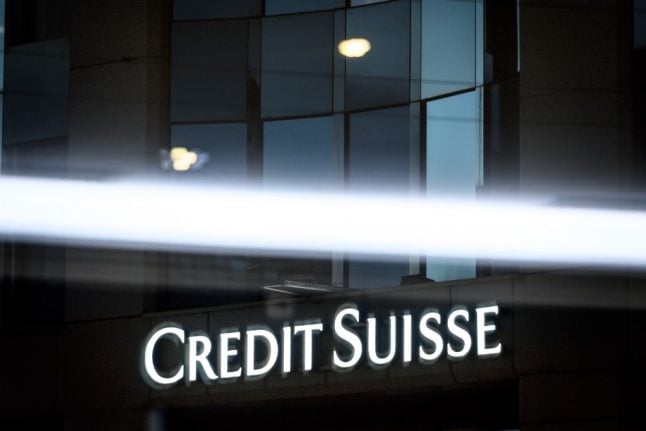"If the automatic exchange of information becomes an international standard, Switzerland will be prepared to discuss" it, finance ministry spokeswoman Anne Cesard told AFP in an email.
In Switzerland, banking secrecy has for decades been seen as an immutable practice to protect privacy, in the same way as medical confidentiality.
Although the Alpine country has recently been cracking down on undeclared funds in a bid to clear its reputation as a tax haven, it has refused to consider allowing the automatic exchange of banking information.
Such a standard must "encompass all the large, American, European and Asian financial centres," Cesard said, stressing that secretive trusts and other legal vehicles everywhere would need to be identified.
Switzerland, she insisted, already lives up to its international obligations in terms of combatting money-laundering, "unlike the financial centres on the American continent and a number of offshore centres."
Her comments came after Swiss media concluded from a number of similar comments from politicians and bankers in recent days that Switzerland will be ready to shed its bank secrecy rules by 2015.
Swiss Interior Minister Alain Berset, for instance, told TV5 Tuesday that Switzerland "has always been prepared to conduct discussions with the actors, and our surrounding friends" on the subject.
The minister however stressed that one "should not be naive."
"If we are looking for a global solution, there are still a lot of other countries who must take steps, big steps," Berset said.
"There are a lot of countries that need to clear out their own cobwebs," he said.
"We have already taken important steps — we have already moved forward."
Switzerland's Christian Democratic Party, long one of the staunchest supporters of the country's bank secrecy system, meanwhile said on Monday that it no longer considered taboo discussions on changing the practice.
The party would be willing to support changes under certain conditions, including the guarantee that financial centres in the United States and in Britain would be required to do the same.
That stance echoed views voiced by the head of Swiss Bankers Association in an interview published Sunday.
If a global standard were instituted, Patrick Odier told the NZZ am Sonntag weekly, "we could also adapt," marking an about-face from his organisation's previous hard-nosed support of the bank secrecy regime.
Odier said in Sunday's interview that the best platform for creating global standards on the transfer of banking details was the Organisation for Economic Co-operation and Development (OECD).
Switzerland is one of 14 countries identified by the OECD for not doing enough to combat tax evasion.



 Please whitelist us to continue reading.
Please whitelist us to continue reading.
Member comments